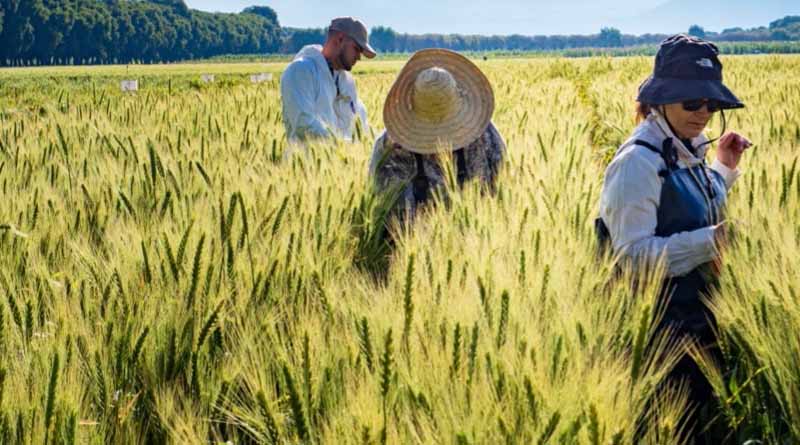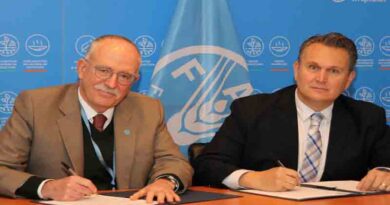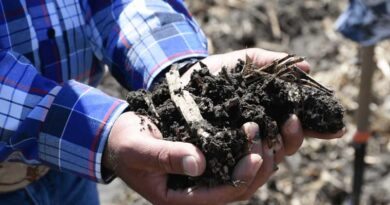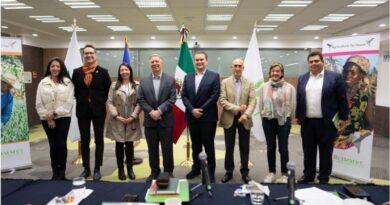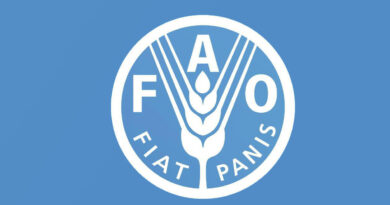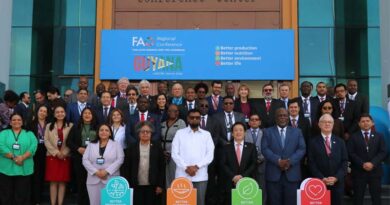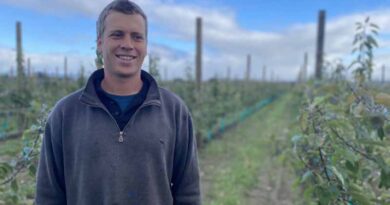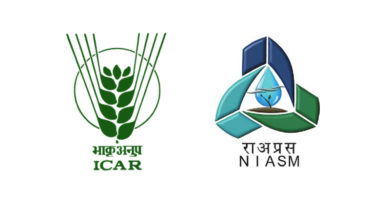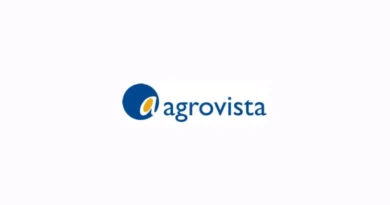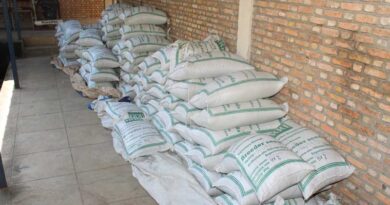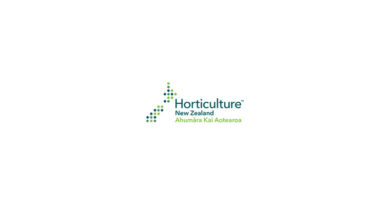El País: A new scientific revolution to transform food systems
30 November 2023, US: On 28 November, in the lead-up to COP28, El País published this op-ed by CGIAR Regional Director for Latin America and the Caribbean Joaquín Lozano. The piece is a reflection—and an implicit call to action—on the importance of developing a Latin America and the Caribbean agricultural research agenda that not only maximizes the region’s agricultural potential, but also effectively addresses the challenges of climate change impacts and preserves its biodiversity and valuable natural resources.
You can read the original op-ed in Spanish here, or its English translation below.
Authored by Joaquín Lozano, CGIAR’s Regional Director for Latin America and the Caribbean
The lead-up to COP28, soon to begin in Dubai, is a good time to reflect on how climate change is affecting a key aspect of human life: our capacity to produce food that will sustain us.
I will focus on Latin America and the Caribbean, though the situation in this region has a profound global impact. Despite representing less than 8% of the global population, Latin America and the Caribbean produces 14% of the world’s food exports. It also holds significant natural resources (the world’s largest reserve of arable land and 30% of the planet’s biodiversity, to highlight just two examples).
All this wealth is in jeopardy. According to a recent report by the United Nations Convention to Combat Desertification, in 2019 22% of the region’s fertile land was degraded (in Mexico, this percentage exceeded 70%). CGIAR data also indicate that, if current trends continue, corn yields will suffer a 25% decrease by 2050.
These facts pose a serious problem for regional -and global- food security. We must consider that, by 2050, humanity will have to increase food production by 50%-70% (in comparison with 2020) if we are to meet the needs of an ever-increasing population that, at that time, is projected to surpass 9 billion people.
It is not easy to solve the dilemma of producing more food with fewer resources, and many forces and factors are at stake. However, one thing is clear: science and innovation are called to play a key role in finding a way out of the labyrinth.
Such was the case in the past.
Between the 1960s and 1980s, collaboration between national and international agricultural research institutions made the Green Revolution possible. Investments in research to improve seeds for essential crops such as wheat, corn and rice enabled the growth of agricultural production and were instrumental in fighting poverty and hunger, saving the lives of millions of people.
We must find a way to make this successful collaboration work again.
The situation in the region is not ideal. According to the Inter-American Development Bank (IDB), “Latin American and Caribbean countries continue to lag in allocating sufficient resources” to agricultural research. However, the IDB also considers that the region “is well placed to scale up its agricultural production and trade.”
Thus, these are times of challenges, but also of opportunities. Seizing these opportunities will require vision and audacity.
At CGIAR, we believe that this vision and audacity must take the shape of a regional agricultural research and innovation agenda that seeks to increase regional crop production while factoring in the sustainability of ecosystems, the preservation and promotion of biodiversity, and the socioeconomic resilience of rural populations.
Because, unlike the era of the Green Revolution, we are now aware of the threat of climate change, which is the main reason why the gains achieved in reducing food insecurity and poverty over the last century have been lost and are now starting to become setbacks.
This regional agenda must be able to bring together the capacities and resources of the region’s private and public sector (ministries of agriculture and environment), national research centers (like EMBRAPA in Brazil) and international ones (such as CGIAR’s CIMMYT, CIP or Alliance Bioversity-CIAT), multilateral agencies at the regional level (such as IICA) and at the global one (like FAO), international financiers (for example, the IDB, World Bank, IFAD or the Bill and Melinda Gates Foundation) and civil society.
This agenda will bring about a real shift in paradigm that will not only allow us to solve the problems of hunger and food security in a region in which, according to the most recent UN data, more than 43 million people suffer from hunger and nearly 248 million experience moderate or severe food insecurity.
It will also allow us to maximize the determining contributions of Latin America and the Caribbean to global food production and the preservation of the world’s biodiversity.
We, along other partner organizations in the region, are already actively working to build this agenda. Clearly, considering the most recent data, we need to deepen and hasten this conversation.
Also Read: UPL Limited announces incorporation of Advanta Seeds Ltd in South Africa
(For Latest Agriculture News & Updates, follow Krishak Jagat on Google News)

